Market Analysis
In-depth Analysis of Europe Vegan Wines Market Industry Landscape
The market dynamics of the Europe Vegan Wines market are influenced by a variety of factors that shape its growth, trends, and competition. Vegan wines, which are produced without the use of animal-derived products such as gelatin, egg whites, or fish bladder, have gained traction in recent years due to the rising popularity of veganism and plant-based lifestyles. One of the primary drivers of this market is the increasing awareness and adoption of ethical and sustainable consumption practices among consumers. As people become more conscious of the environmental and ethical implications of their food and beverage choices, there is a growing demand for products that align with vegan values, including wines.
Furthermore, the expanding market for vegan products extends beyond traditional vegan consumers to include a broader segment of the population seeking healthier and more sustainable options. This broader appeal has led to a surge in the availability of vegan wines across Europe, with wineries responding to consumer demand by reformulating their production processes or obtaining vegan certification for their existing products. As a result, the Europe Vegan Wines market has become increasingly competitive, with both established wine producers and new entrants vying for market share.
Distribution channels also play a significant role in shaping market dynamics, with vegan wines becoming more readily available through a variety of retail outlets, including specialty stores, supermarkets, and online platforms. This expanded distribution network has facilitated greater accessibility to vegan wines for consumers across Europe, contributing to their growing popularity and market penetration. Additionally, the rise of wine subscription services and direct-to-consumer sales channels has further democratized access to vegan wines, allowing consumers to explore a wider range of options and discover new brands.
Moreover, regulatory considerations impact the dynamics of the Europe Vegan Wines market, with regulations governing labeling, certification, and production practices varying across different countries and regions. While some European countries have specific regulations governing the use of animal-derived products in winemaking, others rely on voluntary certification schemes or industry standards. Compliance with these regulations and obtaining vegan certification is important for wineries seeking to market their products as vegan-friendly and gain consumer trust in a competitive market landscape.
In addition to regulatory factors, market dynamics are also influenced by pricing strategies, marketing efforts, and consumer preferences. While vegan wines are often positioned as premium products due to their ethical and sustainable credentials, pricing strategies vary among brands to target different consumer segments. Marketing plays a crucial role in educating consumers about the benefits of vegan wines, highlighting their ethical and environmental advantages, and creating brand differentiation in a crowded market.
Furthermore, consumer preferences and demographics shape market dynamics, with younger consumers and those with a strong interest in sustainability driving demand for vegan wines. Millennials and Generation Z, in particular, are key demographics for vegan wine brands, as they are more likely to prioritize ethical and sustainable consumption and seek out products that align with their values. As these demographic groups continue to exert their influence on consumer trends, the demand for vegan wines is expected to grow further in the coming years.


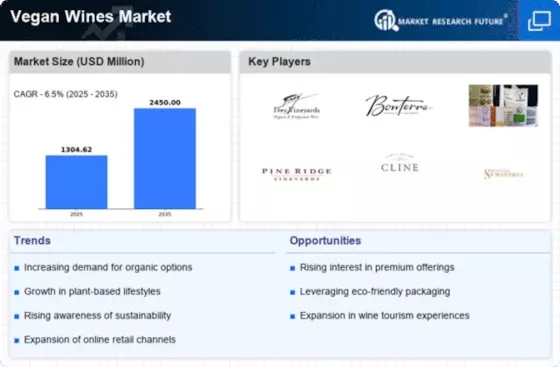
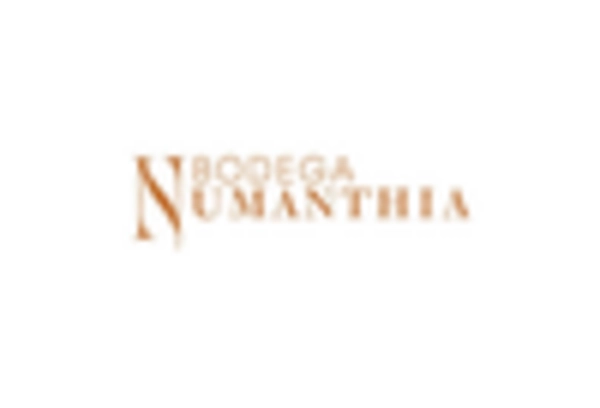

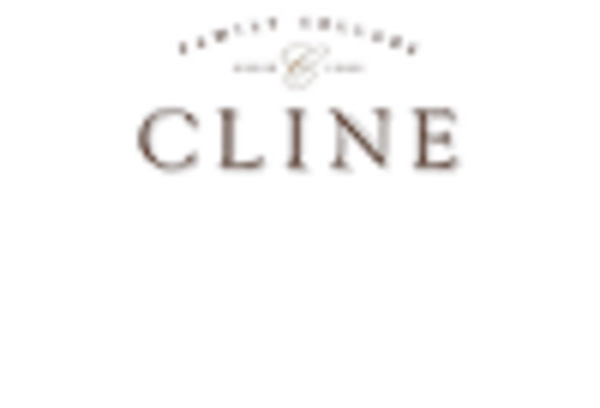
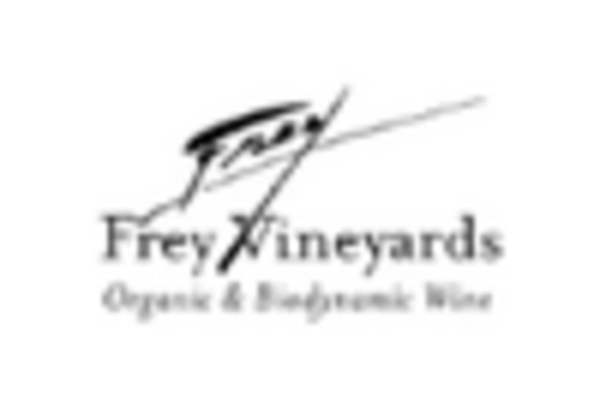
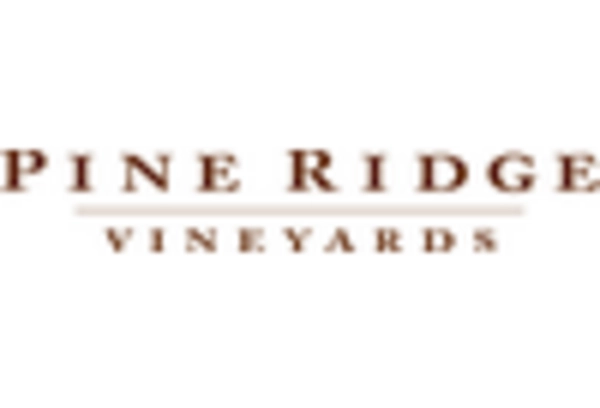
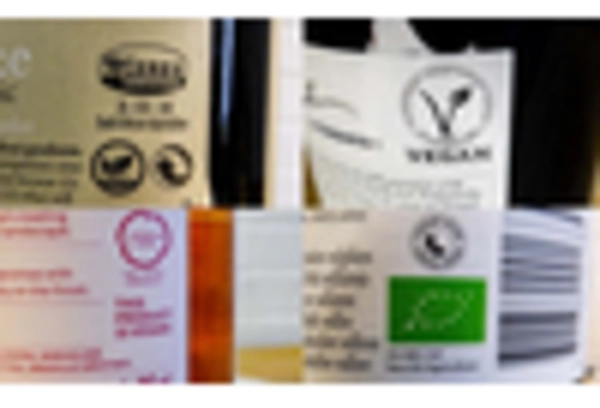









Leave a Comment